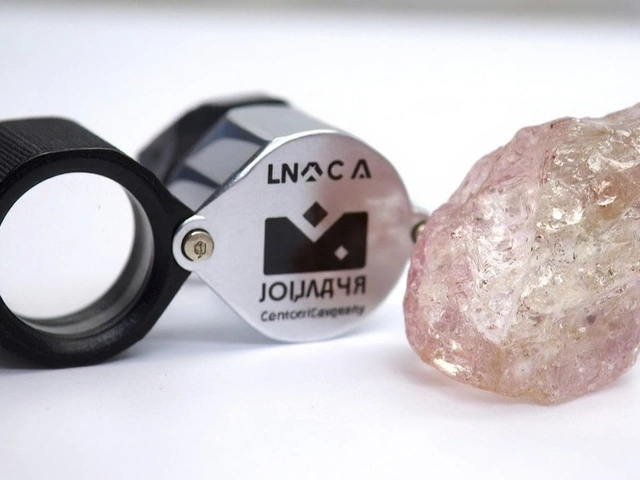Financial Recovery: Your Quick‑Start Guide
Feeling stuck after a money setback? You’re not alone. Most people hit a rough patch at some point, whether it’s a job loss, unexpected bill, or a bad investment. The good news? With a few clear moves you can get back on track and even feel stronger about your finances.
Step 1: Take a Clear Look at Your Finances
First thing you need is a real picture of where you stand. Grab a notebook or open a spreadsheet and write down every source of income and every expense for the past month. Include rent, groceries, subscriptions, and that occasional coffee run. Seeing the numbers side by side helps you spot leaks and know exactly how much you owe.
Step 2: Build a Simple Budget and Savings Plan
Now turn those numbers into a plan. A basic 50/30/20 rule works for most people: 50 % for needs (rent, bills), 30 % for wants (eating out, hobbies), and 20 % for saving or paying off debt. Adjust the percentages if you need to, but keep the structure simple so you can stick with it.
Next, list every debt you have—credit cards, personal loans, medical bills. Write the balance, interest rate, and minimum payment. Focus on the debt with the highest interest first while still making minimums on the rest. Paying down the costly debt faster saves you money in the long run.
Cutting expenses doesn’t have to be dramatic. Cancel any subscription you haven’t used in the last month, swap pricey take‑out for home‑cooked meals, and shop sales for groceries. Even small savings add up quickly when you track them.
If you can, look for ways to bring in extra cash. A part‑time gig, freelancing, or selling items you no longer need can boost your income. Put any extra earnings straight into debt repayment or your emergency fund—don’t let them disappear into everyday spending.
Speaking of emergency funds, aim for at least three months of essential expenses saved. Start with a realistic goal, like $500, and build from there. Keep this money in a separate account so you’re not tempted to spend it on non‑essentials.
Staying motivated is key. Celebrate small wins, like paying off a credit‑card balance or hitting a savings milestone. Track progress weekly and adjust your budget if something isn’t working. Remember, recovery is a marathon, not a sprint.
Here’s a quick checklist to keep you moving forward: 1) List income and expenses, 2) Prioritize high‑interest debt, 3) Follow a simple budget, 4) Trim unnecessary costs, 5) Add side income if possible, 6) Build an emergency fund, 7) Review and celebrate each week. Follow these steps and you’ll see your financial health improve faster than you think.
Moolank 8 Predictions for July 28, 2025: Power Moves, Second Chances, and Surprise Gains
People born with Moolank 8 are looking at surprise shifts on July 28, 2025. Expect renewed energy at work, a better handle on old financial headaches, and emotional resets in relationships. The day is all about courage, honesty, and grabbing unexpected second chances.





